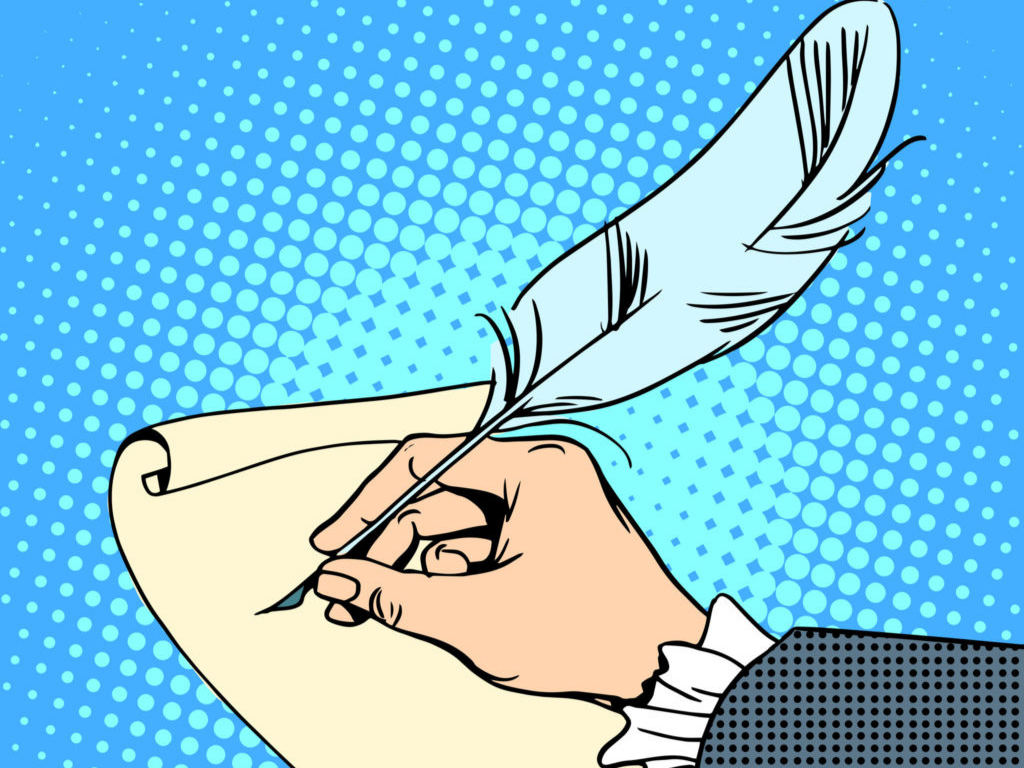Book Review: Bird by Bird: Some Instructions on Writing and Life by Anne Lamott
“To be a good writer, you not only have to write a great deal but you have to care.”
– Anne Lamott
Confession: When nobody’s looking, I write fiction. As in totally made-up stuff, spun from my imagination that will never raise a penny for any cause, including — I’m quite sure — me.
I bring this up for two reasons:
- I know I’m not alone in this weird habit. A number of really superb fundraising writers have quietly admitted to me they write stuff like fiction, poetry, or personal essays. This might be you too.
- Even if you don’t do it, I can testify that this completely, utterly useless writing I do makes me better at writing fundraising. So I recommend you do it too — whatever form or genre stirs your heart. I can’t claim it’s “fun,” (it can be terrifying), but it exercises parts of the heart and mind that will make you better at fundraising.
And that’s why I want to introduce you to a wonderful book that has nothing whatsoever to do with fundraising.
Bird by Bird assumes you are writing fiction, talking a lot about character and plot, assuming you’re creating those things out of your imagination. We don’t do that in fundraising. But there is a lot of useful help for any kind of writing. Like this:
- Use Index Cards. Always have a stack of cards with you to write notes, thoughts and ideas. You never know when you’ll solve a writing problem.
- Calling Around for Help. Call people for advice and ideas. Really. They often love getting calls about interesting topics from people they like.
- Be in a Writing Group. Have a go-to group of like-minded readers you show your stuff to, and you help in turn. It really makes a difference.
- Find Someone to Read Your Drafts. Other people can see things in your writing that you can’t see.
- Write Letters. I know we’re often writing letters to start with, but when you get stuck, write a letter to someone else describing what you’re struggling with. Putting it down on paper can help you understand it better and break free.
- Deal with Writer’s Block. Lamott says writer’s block is “looking at the problem from the wrong angle.” When you’re blocked seek ways to look at things differently.
But mostly what you’ll get from this book is straight, real-life advice with heart. It’s like having a close friend who really understands you and wants you to succeed. It’s a gift.
Let me show you what I mean with a couple of quotations from the book:
“Almost all good writing begins with terrible first efforts. You need to start somewhere. Start by getting something—anything—down on paper. A friend of mine says that the first draft is the downdraft—you just get it down. The second draft is the updraft—you fix it up. You try to say what you have to say more accurately. And the third draft is the dental draft, where you check every tooth, to see if it’s loose or cramped or decayed, or even, God help us, healthy.”
That is so important. Knowing that your first draft is terrible frees you up to make progress. It’s going to be terrible even if you’re determined to make it great. Just let the first draft be terrible. Then fix it.
Here’s another:
“Becoming a writer is about becoming conscious. When you’re conscious and writing from a place of insight and simplicity and real caring about the truth, you have the ability to throw the lights on for your reader. He or she will recognize his or her life and truth in what you say, in the pictures you have painted, and this decreases the terrible sense of isolation that we have all had too much of.”
I know she wasn’t thinking about fundraising writing when she said that, but it sure sounds like she’s talking to us, doesn’t it?
Read the book. It will give you strength, joy, and make you write better fundraising — or whatever else you want to write.
You can become part of a writing group focused on great fundraising by joining The Fundraisingology Lab by Moceanic. You’ll get the tools, the information, and the supporting community that will take you to new places in your fundraising career. Join the waiting list now and you’ll be the first to hear when the doors open again!
Related Blog Posts:










